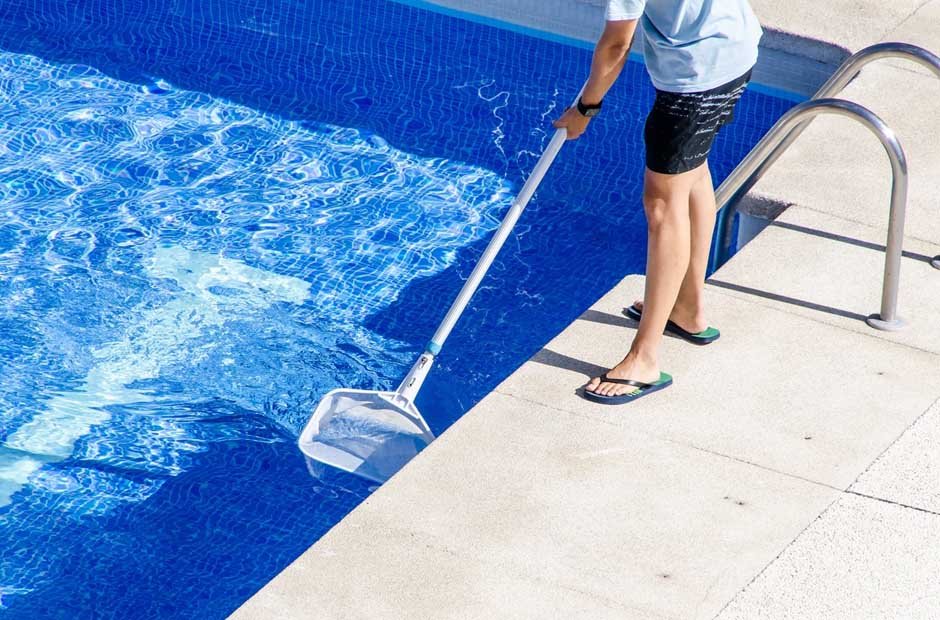Swimming pools are a great addition to homes, providing a space for relaxation, fun, and exercise. A crucial component to keep the water clear and free from contaminants is the pool filter. This article delves into the role filters play in maintaining the pristine condition of pool water.
Understanding the Basics
A pool filter is an essential equipment that removes impurities from the water. These impurities can range from leaves and grass to smaller contaminants like dirt, bacteria, and algae. The primary objective of a filter is to ensure the pool remains clean, safe, and visually appealing. Moreover, a reliable pool cleaning service often emphasizes the importance of a well-functioning filter as the first defense against murky water.
Different Types of Filters
There are three main types of filters. Each type has its unique advantages and mode of operation.
- Sand Filters: These are the most commonly used pool filters. They contain a bed of special-grade sand that captures impurities. As water flows through the sand bed, dirt and debris get trapped. Over time, the sand can become clogged and will need backwashing to clean it.
- Cartridge Filters: These filters use a cartridge, often made of pleated fabric or polyester, to trap impurities. Cartridge filters have a larger surface area than sand filters, allowing them to capture more debris. They are also easier to maintain, as they simply require periodic cleaning and occasional cartridge replacement.
- Diatomaceous Earth (DE) Filters: DE filters use a natural substance made from crushed fossils to filter out impurities. These filters can trap even the tiniest of particles, offering the clearest water. Like sand filters, DE filters require backwashing and occasional replenishment of the DE powder.
Why Filters are Essential for Pool Health
Keeping a pool clean goes beyond just the look of clear water. A properly functioning filter ensures:
- Safety: A good filter removes bacteria and other harmful microorganisms, ensuring swimmers are safe from water-borne diseases.
- Aesthetics: Nobody likes a murky pool. A filter helps maintain the water’s clarity, making it inviting.
- Extended Pool Life: By capturing debris and impurities, filters prevent the pool’s surfaces and equipment from damage, prolonging their lifespan.
Maintenance is Key
Regular maintenance is essential for a filter to perform optimally. Here’s a brief overview:
- Regular Inspection: Checking the filter for visible damages or wear and tear is vital. This helps identify potential issues before they escalate.
- Cleaning: Depending on the type of filter, periodic cleaning or backwashing should be performed. For sand filters, backwashing is necessary when the pressure gauge indicates a rise in pressure. Cartridge filters need cleaning whenever they become dirty, and DE filters require backwashing and replenishing the DE powder.
- Replacement: All filters have a lifespan. Sand typically lasts about 5-7 years, cartridges might need replacement every 1-3 years, and DE grids usually last around 2-3 years. Consulting a professional pool cleaning service can also provide insights into when replacements or deep cleanings might be due.
Conclusion
In essence, filters are the unsung heroes of swimming pools. They work tirelessly to keep the water clean, ensuring a safe and pleasant swimming experience. Recognizing their role and ensuring they are well-maintained will go a long way in preserving the beauty and health of any pool.















